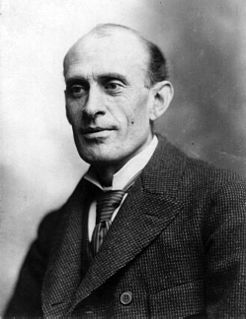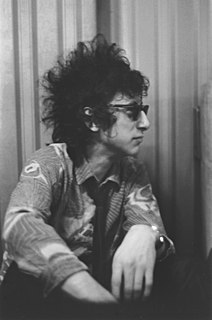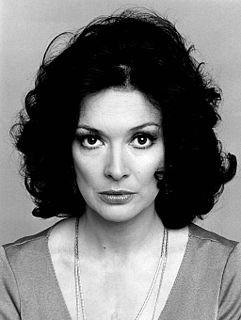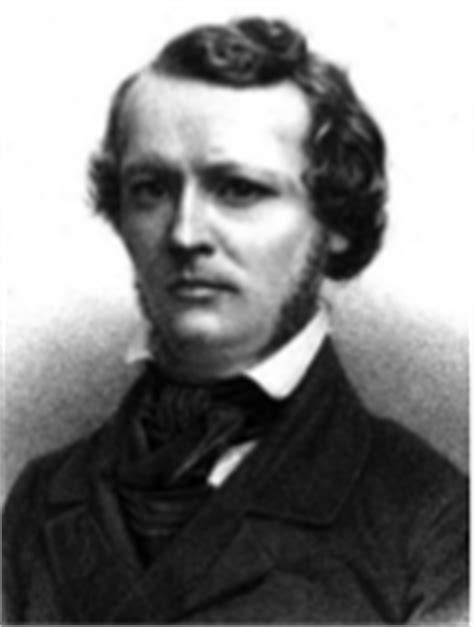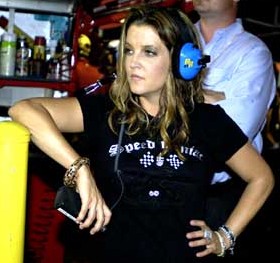A Quote by Eugene Field
A mighty good sausage stuffer was spoiled when the man became a poet.
Related Quotes
The fact that I'm a woman is as important to my work as a poet as the fact that Ahmad Sh?mlu was a man was important to his work as a poet. Basically, gender shouldn't be viewed as an advantage in art. If a poem or a piece of writing is good, what difference does it make whether it's by a woman or a man? And, if it's bad, why should its writer's gender make it good?
A good laugh is a mighty good thing, and rather too scarce a good thing; the more's the pity. So, if any one man, in his own proper person, afford stuff for a good joke to anybody, let him not be backward, but let him cheerfully allow himself to spend and be spent in that way. And the man that has anything bountifully laughable about him, be sure there is more in that man than you perhaps think for.
One of the surest tests of the superiority or inferiority of a poet is the way in which a poet borrows. Immature poets imitate mature poets steal bad poets deface what they take and good poets make it into something better or at least something different. The good poet welds his theft into a whole of feeling which is unique utterly different than that from which it is torn the bad poet throws it into something which has no cohesion. A good poet will usually borrow from authors remote in time or alien in language or diverse in interest.
We are befouling and destroying our own home, we are committing a slow but accelerating race suicide and life murder - planetary biocide. Now there is a mighty theme for a mighty book but a challenge to which no modern novelist or poet has yet responded. Where is our Melville, our Milton, our Thomas Mann when we need him most?
